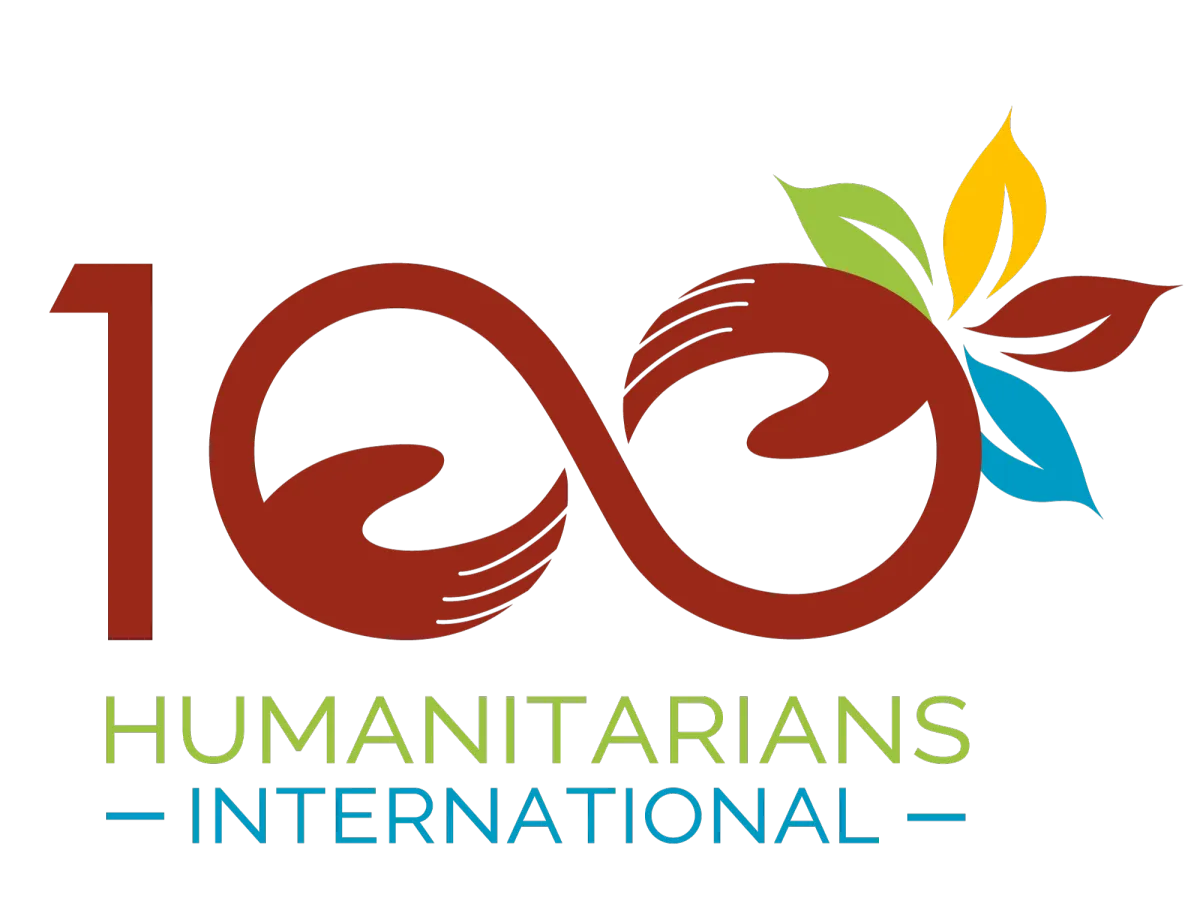Walk to Water
Access to clean and safe drinking water is a fundamental human right, yet for millions of women in Kenya, it remains an everyday struggle. The challenges that women face in obtaining water for their families are both physically demanding and emotionally draining. In this blog post, we'll shed light on the arduous journey that many Kenyan women embark upon each day to fetch water, and the impact it has on their lives.
The Distance and Terrain
In rural Kenya, the availability of clean water sources can be scarce. Women often have to walk long distances to reach the nearest water source, which can be a river, borehole, or communal well. These journeys can range from a few kilometers to several miles, depending on the location. The terrain can be treacherous, with rough footpaths, steep hills, and challenging weather conditions making the journey even more arduous. This long trek not only consumes time but also takes a toll on the women's physical well-being.
Time-Consuming Duties
Fetching water isn't just a matter of walking to the source and back. It involves hours of labor, as women need to wait their turn at communal water sources. They may spend significant time at the source, waiting for their chance to fill their containers. This time could be otherwise spent on income-generating activities, education, or leisure, but instead, it's dedicated to a basic necessity that many take for granted.
Health Risks
The water sources themselves often pose health risks. They can be contaminated with bacteria, parasites, and other pathogens, which can lead to waterborne diseases. Women and children who come into contact with this polluted water are at a higher risk of contracting illnesses such as cholera, dysentery, and diarrhea. The burdens of disease management also fall on women who need to care for their sick family members.
Gender Inequality
The responsibility of fetching water predominantly falls on the shoulders of women and girls in Kenyan households. This not only limits their educational and economic opportunities but also perpetuates gender inequality. The time and energy spent on fetching water detracts from their ability to engage in income-generating activities or pursue an education, further entrenching the cycle of poverty.
Child Labor
In many Kenyan households, children, especially girls, are expected to help their mothers fetch water. This practice not only deprives them of the opportunity to go to school but also subjects them to the same physical and health risks as their mothers. Child labor in water collection perpetuates the cycle of poverty and illiteracy.
Solutions and the Path Forward
Efforts are being made by governments, non-governmental organizations, and local communities to alleviate the challenges faced by Kenyan women in accessing clean water. These include the construction of water supply infrastructure closer to communities, improving water quality, and advocating for women's rights.
Empowering women through education and training programs can also help break the cycle of gender inequality and lift households out of poverty. When women have access to clean water, they have more time for personal and economic development, which ultimately benefits the entire community.
A Basic Human Right
The challenges faced by Kenyan women in their daily water walks are a poignant reminder of the inequalities and hardships that persist in many parts of the world. While progress is being made, much work remains to be done to ensure that women and girls no longer bear the heavy burden of fetching water, but can instead lead healthier, more empowered lives. Access to clean water is a basic human right, and it is essential that we continue to work toward a future where this right is fully realized for every Kenyan, regardless of their gender.
Get Involved
We rely on donors and volunteers to keep 100 Humanitarians International moving forward!
Sign up to get information on joining an expedition, attending events, or volunteering.

100 Humanitarians International is a 501(c)(3) nonprofit recognized by the IRS, and all donations to 100 Humanitarians International are tax-deductible in accordance with IRS regulations. EIN #82-1048388
South Jordan, Utah
801-432-0105
